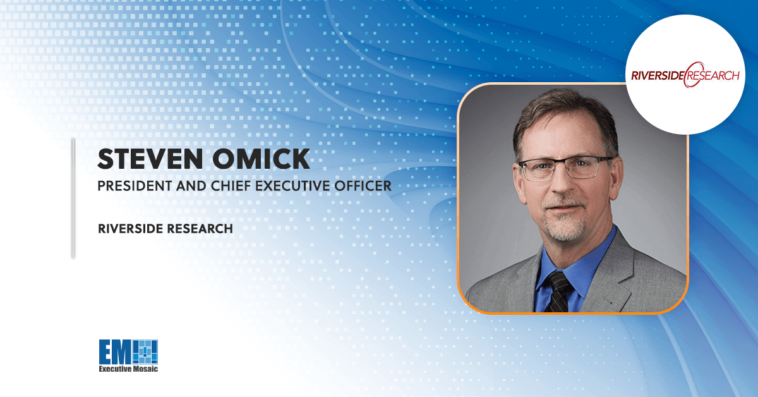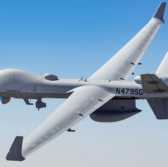Riverside Research will relocate its business operations in Washington, D.C., to Fairfax, Virginia, in September.
A new 38,707-square-foot facility in Fairfax will house the Open Innovation Center for research and development and the Commercial Innovation Center online development and test platform, which provides a secure, virtual, open ecosystem for commercial space-related R&D, Riverside Research said Wednesday.
The relocation aims to centralize Northern Virginia operations and accommodate growth.
“Our new, consolidated Fairfax location ensures close proximity to many of our government customers, and underscores our ongoing commitment to innovation on behalf of the Department of Defense and Intelligence Community,” said Steven Omick, president and CEO of Riverside Research.
As part of the plan, the organization will merge its facility in Arlington, Virginia, with its Centreville office.





